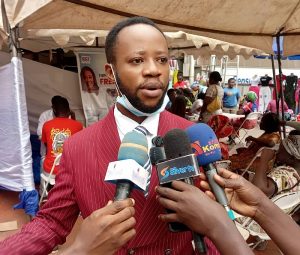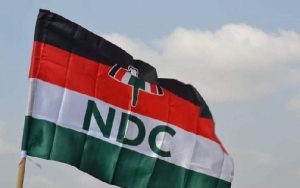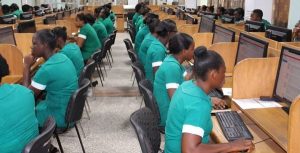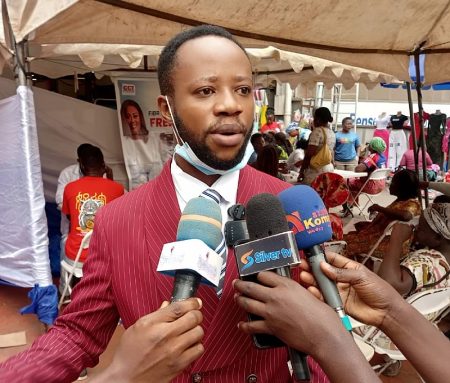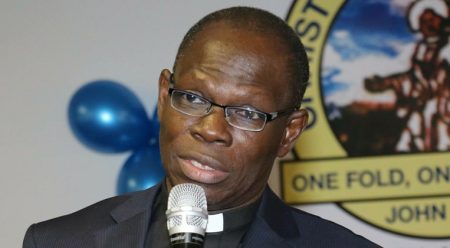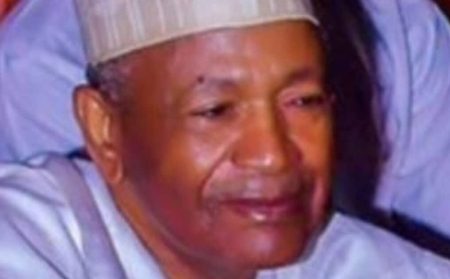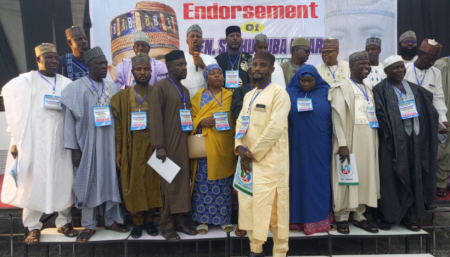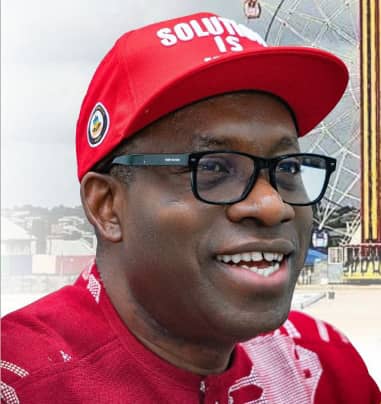The political landscape of Nigeria witnessed a clash of narratives following the August 9th by-elections, with the Peoples Democratic Party (PDP) governors accusing the ruling All Progressives Congress (APC) of employing intimidation tactics and undemocratic practices to secure victory. The by-elections, held to fill vacant legislative seats, saw the APC emerge triumphant in 12 constituencies, while the PDP secured only one. Other parties, including the All Progressives Grand Alliance (APGA) and the New Nigeria Peoples Party (NNPP), gained two and one seat respectively. The PDP, alongside other opposition parties like the African Democratic Congress (ADC) and the NNPP, rejected the outcome, alleging that the APC leveraged “federal might” to manipulate the electoral process across several states.
The PDP governors, in a communiqué released after their meeting in Zamfara State, condemned what they described as the “over-militarisation” of the by-elections. They pointed to alleged widespread irregularities, vote-buying, and violence as evidence of a compromised electoral process. The governors expressed their gratitude to PDP members and supporters for their resilience in the face of what they characterized as “serious intimidation and untold anti-democratic actions” by the APC-led Federal Government. They also reiterated their commitment to the principles of the PDP, urging their supporters and the general populace to remain steadfast in their support, viewing the alleged intimidation as a sign of the ruling party’s desperation.
The Presidency, however, refuted the PDP’s accusations, branding them as baseless and suggesting that the opposition was merely grappling with the sting of defeat. A presidential spokesperson, Temitope Ajayi, challenged the PDP to provide concrete evidence for their claims of anti-democratic actions and intimidation. He emphasized that the opposition parties were afforded the freedom to campaign, vote, and express their views without hindrance, and that their candidates received adequate security protection throughout the by-elections. Ajayi underscored the importance of a robust opposition in a democratic system, asserting that it strengthens governance and ensures accountability. He further dismissed the PDP and its allies as being in “total disarray,” while maintaining that the government’s focus remained on economic revitalization.
The APC echoed the Presidency’s sentiments, dismissing the PDP’s allegations as unfounded. Saleh Zazzaga, Chairman of the APC Forum in North-Central, attributed the by-election results to the APC’s strength and the public’s confidence in President Bola Tinubu. He questioned the PDP’s legitimacy, highlighting internal factions within the party and downplaying the significance of the governors’ statement, arguing that they did not represent the highest decision-making body of the PDP. Zazzaga emphasized the APC’s electoral victories in key states like Kano, Kogi, and Zamfara as a testament to the party’s dominance.
The contrasting narratives presented by the PDP and the APC reflect the deep-seated political tensions in Nigeria. The allegations of intimidation and manipulation leveled against the ruling party underscore the challenges facing the country’s electoral system. While the PDP portrays itself as a victim of orchestrated efforts to suppress dissent, the APC paints a picture of a desperate opposition grasping at straws in the face of electoral defeat. The divergent perspectives highlight the need for increased transparency and accountability in Nigeria’s electoral processes to foster trust and ensure the integrity of future elections.
The by-elections, though smaller in scale than general elections, serve as a microcosm of the broader political dynamics at play. The accusations and counter-accusations underscore the importance of strengthening democratic institutions and ensuring that all parties adhere to the principles of free and fair elections. The outcome of these by-elections and the subsequent reactions from the political actors involved are likely to shape the discourse leading up to the 2027 general elections, highlighting the ongoing struggle for political power and influence in Nigeria.


